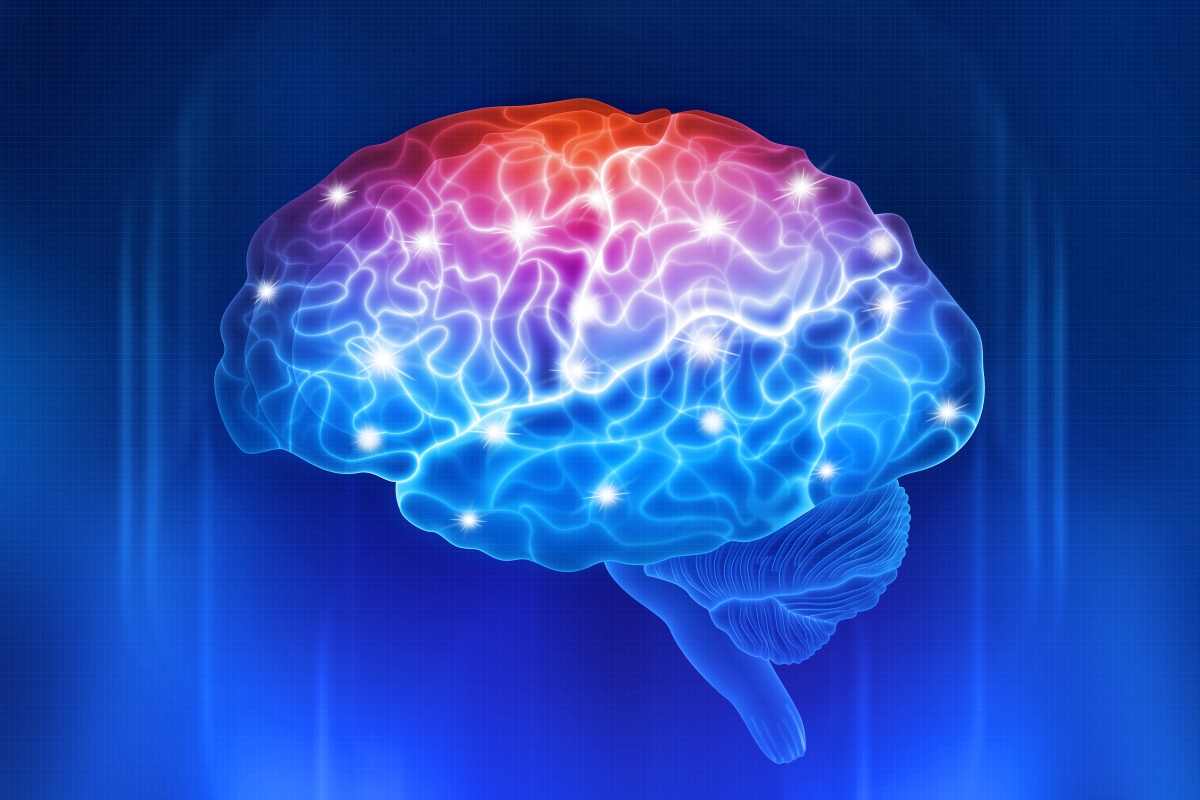Time to drink: Activating lateral hypothalamic area neurotensin neurons promotes intake of fluid over food in a time-dependent manner


The CNP Diet and Brain Research Category consolidates research exploring the interdependent relationship between dietary intake and the brain. To view each original study on the open internet, click “Original.” To view the CNP-written abstract summary, click “CNP Summary.” While only some of the CNP-written abstract summaries are available below for free, all abstract summaries are available to CNP members through the CNP Library Membership.

Consumption of a Western diet (WD) during early developmental stages is linked to memory problems, particularly affecting processes reliant on the hippocampus (HPC). To explore the neurobiological reasons behind this, Hayes et al. (2024) established a rodent model where early exposure to WD led to enduring dysfunction in the HPC. Rats were given either a cafeteria-style WD with unrestricted access to high-fat/high-sugar foods (CAF) or standard healthy chow (CTL) during their juvenile and adolescent phases (postnatal days 26–56). Behavioral and metabolic assessments were conducted before and after a period of healthy diet intervention starting in early adulthood. The results showed persistent deficits in contextual episodic memory in CAF rats, indicating HPC involvement. Since disrupted acetylcholine (ACh) signaling in the HPC is associated with memory problems, the authors examined ACh-related protein markers in CAF and CTL rats’ dorsal HPC (HPCd). Lower levels of vesicular ACh transporter protein were found in the HPCd of CAF rats compared to CTL rats, suggesting chronically reduced ACh levels. Using an intensity-based ACh sensing fluorescent reporter (iAChSnFr) in vivo fiber photometry targeted at the HPCd, the authors discovered that ACh release during object-contextual novelty recognition was strongly linked to memory performance and was impaired in CAF rats compared to CTL rats. Neuropharmacological experiments demonstrated that infusion of an alpha 7 nicotinic ACh receptor agonist into the HPCd during training restored memory deficits in CAF rats. Overall, these results highlight a functional relationship between early WD consumption and persistent dysregulation of HPC ACh signaling, providing insight into the mechanism underlying WD-related memory issues.
Time to drink: Activating lateral hypothalamic area neurotensin neurons promotes intake of fluid over food in a time-dependent manner
Western diet consumption and cognitive impairment: links to hippocampal dysfunction and obesity
CNP Research Summary can be found in the CNP Library Membership
Manipulations of central amygdala neurotensin neurons alter the consumption of ethanol and sweet fluids in mice
CNP Research Summary can be found in the CNP Library Membership
A circuit from lateral septum neurotensin neurons to tuberal nucleus controls hedonic feeding
Differential regulation of nucleus accumbens glutamate and GABA in obesity-prone and obesity-resistant rats
CNP Research Summary can be found in the CNP Library Membership
Dietary sugar inhibits satiation by decreasing the central processing of sweet taste
CNP Research Summary can be found in the CNP Library Membership
Neurotensin neurons in the extended amygdala control dietary choice and energy homeostasis
Chronic consumption of cranberries (Vaccinium macrocarpon) for 12 weeks improves episodic memory and regional brain perfusion in healthy older adults: A randomised, placebo-controlled, parallel-groups feasibility study
CNP Research Summary can be found in the CNP Library Membership
Long term high fat diet induces metabolic disorders and aggravates behavioral disorders and cognitive deficits in MAPT P301L transgenic mice